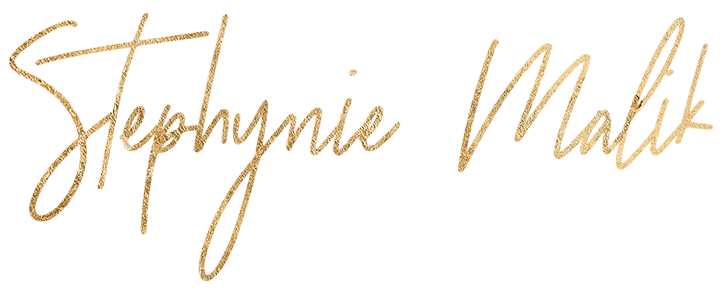Why Settle for Normal - When Extraordinary is Possible?
Four Simple Ways to Make Your Post-COVID Strategy Exceptionally Transformative
I despise and reject the words "return to normal" or "the new normal" as a post-COVID business strategy. If your pre-COVID "normal" wasn't getting the outcomes you wanted, the benefit of returning to it is what again?
As business owners, we are getting bombarded with pitches telling us what the post COVID "new normal" must look like. They have decreed that we must all work remotely and accept that online learning is the only solution to getting an education.
I’ve read many “research” surveys that say things like 40% of the respondents prefer working from home or respondents say they are only 1% less productive away from the office. My favorite however is respondents saying the biggest distraction is the 2 hours spent on social media per day.
What I’m not seeing are the articles talking about the realities of remote work and the potential impacts it has on any business. The sense of isolation and loss of the social interaction that the office environment provides. Have those who are mandating what the “new normal is” ever had to coach and develop, provide emotional support, or build culture and drive change through the lens of a webcam? I would be interested in seeing their data and results. The same can be said for online learning. I've seen how problematic online learning has been for not only my children but also their teachers for their matter. Blindly accepting a new normal is needed without analyzing the costs and outcomes makes sense why again?
If there was ever a time when transformational change is needed, it's now. If there was ever a time, we as leaders need to step and lead it's now. Engage your team. Tell them it's time to adopt a radical and transformational change mindset. Share with them your goal is to emerge from this pandemic as an insanely exceptional and excellent place to work. I suspect it will probably inspire more hearts and engage more minds than reference to "normal" ever will.
You might be wondering how you can accomplish this type of transformation. It's easy. While every company is unique, and we all begin from a different place, the process steps are the same.
#1: Acceptance and Commitment
Transformative change begins when we accept that change is needed, personally or as an organization. Any credible and authentic coach or consultant knows change requires acceptance and commitment on the client's part. I say no to many potential clients who fail to convince me they are serious and committed to personal transformation.
#2: Discovery
Transformative change is about discovery, both self and organizational. The inability to honestly and objectively understand "you" and how your interactions impact those around is quite common. Critical core communication skills like self-awareness, empathy, self-regulation, and listening can be developed and mastered by learning and practice.
Organizational discovery begins with a simple assessment of employee engagement and workplace culture. The only way to genuinely validate your perception is to ask for feedback to get additional facts and perspectives. Oh, and It would help if “you” asked, don't have a consultant do it for you.
#3 Find “Fear” and Crush It
Sources of fear must be identified and crushed. If people don't feel "emotionally" safe and secure in the workplace, the culture will be toxic and destructive. Again, get feedback and insight from others. The simple fact that you spent a few seconds of your time and a few words to ask someone for their opinion makes them feel respected and valued. Respected and valued are precisely what your teams need to feel at this point.
#4 The “From This Day Forward” Message
Develop and deliver a bold and audacious message that defines the new post-COVID goal and the strategy that will achieve it. The best messages include a detailed explanation of WHY this change is needed, how it will get done, and an invitation and challenge to join you in making it happen.
Simple in approach? Absolutely! Simple to execute? It depends on you. Do you have the leadership "chops" and the skills to make it happen?
If you have ever led an “in house” change initiative, what were some of the tactics you used to achieve your goal?

